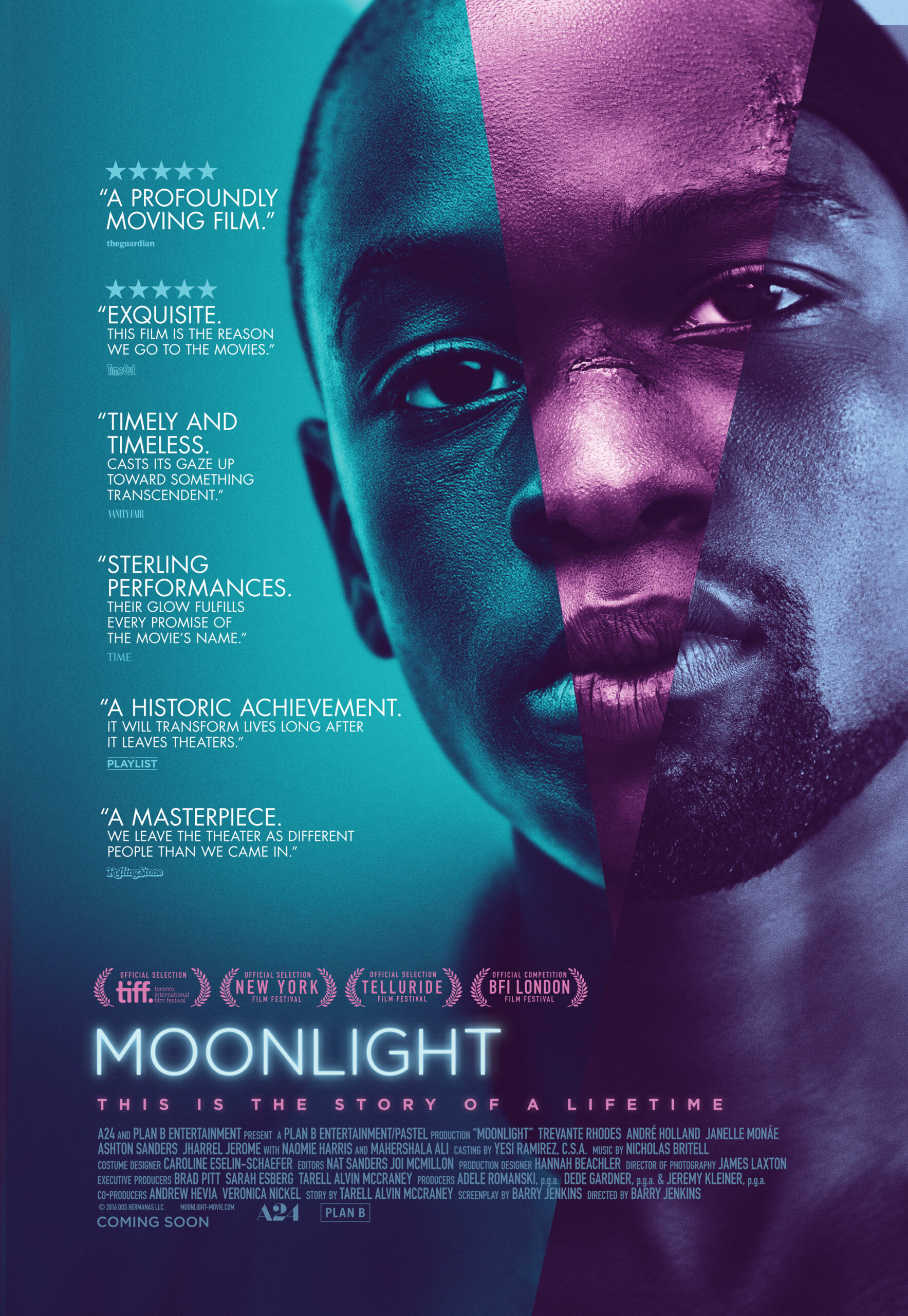By Julissa James
Staff Writer
When I scrolled through my Twitter feed the night of the 89th annual Academy Awards and saw the live tweets about “La La Land,” the Oscar favorite, being announced as Best Picture I wasn’t surprised.
When minutes later I saw a tweeted video where an announcer, with the entire “La La Land” cast on stage, made the correction that “Moonlight” had actually won, my lack of surprise turned into heart-swelling joy.
“Moonlight,” a coming-of-age film by Barry Jenkins, is divided into three parts. It narrates the life of Chiron, a young black man growing up with a heroin-addicted mother in Miami’s tough Liberty City neighborhood. His black identity has blurred his ability to understand his sexuality.
Not exactly a shoo-in Oscar win, unlike “La La Land,” the Hollywood musical with the star-studded cast. The initial joy I felt for the “Moonlight” victory was quickly overshadowed by disappointment when I realized it was being forced to share its moment with “La La Land.”
Every headline about the Best Picture winner had something to do with the mix-up.
“Moonlight” deserves to be celebrated on its own.
So this is my tribute to a brave film that delves into the taboo subject of being gay in communities of color with brutal honesty.
There are three actors who play Chiron during the movie’s separate segments: Alex R. Hibbert in childhood; Ashton Sanders in adolescence; and Trevante Rhodes in young adulthood.
They gracefully depict the way society shapes a young black man. Through the three parts of the film, you clearly see how Chiron’s identity is being challenged and what that does to his character.
Mahershala Ali played Chiron’s mentor, Juan. His character was portrayed with a balance of softness and strength. Ali won Best Supporting Actor for his performance, becoming the first Muslim to win an Academy Award.
“Moonlight’s” score, written by Harvard graduate Nicholas Brittell, created an beautiful contrast to the visuals of this movie, making it more emotional for me as a viewer.
At times the film was challenging to watch. When we see young Chiron being tormented by his peers, and even his own mother because of his sexuality, I wanted to crawl through the screen and hug him. I wanted to tell him that there was nothing wrong with him.
When we see teenage Chiron being beaten to a bloody pulp because of who he is, I wanted to tell him that I accepted him. I wanted to tell him that his confusion was normal, that there was nothing wrong with him.
When we see adult Chiron, hardened by years of rejection into the man he thinks he should be, I wanted to tell him to open his heart. That it’s OK to feel, that it’s OK to be gay.
“Moonlight” is a relevant and painful, but most of all, important film whose Oscar win was historic.
It deserves to stand in the light all on its own, separate from the mistake, separate from its runner-up.

